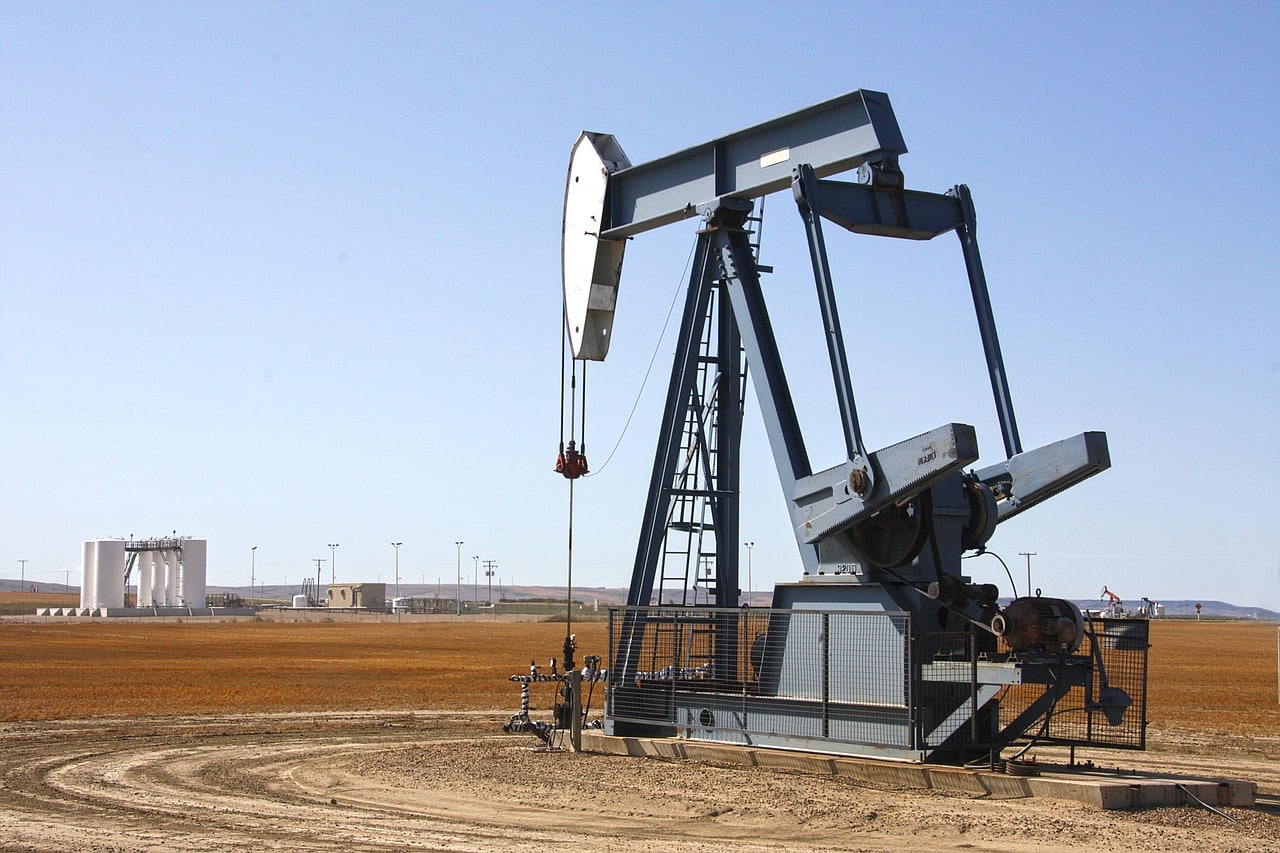
Forests offer natural resources.
Natural resources are goods and services that arise from nature directly, that is, without the need for human intervention. These resources are of vital importance for the development of human beings, since they provide the possibility of obtaining food, producing energy and subsistence at a general level.
For economics , which is the science and art that specializes in the proper management of these factors, these are always insufficient in the face of the infinite needs of humanity.
Types of natural resources
In the case of resources of natural origin, there are two types: exhaustible resources , which will inevitably run out at some point since they cannot be produced again (such as oil or mining operations), and renewable resources (which can regenerate, as long as exploitation is not excessive, like forests).
These concepts allow us to understand why natural resources must be used conscientiously and in moderation. Fishing , for example, can extinguish a natural resource. If all the fish of a certain species are caught, it will be impossible to get new specimens to be born.
In the case of resources that cannot be renewed, we speak of reserves . Once these are consumed, there is no way to obtain these resources again since there is no way to manufacture, cultivate or regenerate them.
The economic value of the set that brings together non-renewable resources is usually linked to the scarcity of said resource and the demand . When there are few reserves of a certain one, its price increases.

Oil is a non-renewable natural resource.
Sustainable development
Sustainable development is a way of life in which the impact of actions on the natural environment is considered first. It consists of seeking to appreciate the goods of nature and use them responsibly, taking into account that any excess can have dire consequences for it, whether in the immediate future or hundreds of years from now.
It is about understanding that the human being is not the king of the universe, but rather someone else who lives in it and that, just like animals and other species do, they must be respectful and think about the consequences of their interaction with the universe. half.
Currently, most of the energy consumed on the planet comes from exhaustible resources, such as oil. In addition to talking about elements that sooner or later will become scarce , it must be taken into account that the extraction of energy from them generates an environmental impact that is highly dangerous for the future. Therefore, betting on other sources, such as the sun or the wind, is a good alternative; If ways of extracting the energy that sustains large cities from these latter resources were implemented in the world, environmental pollution could possibly be considerably reduced.
In some countries there are entire towns where sustainable development is carried out, where houses are powered by solar energy , the classification of garbage and recycling in each home is carried out to the letter and where the government makes available to the people the necessary tools to raise awareness and fight for a respectful relationship with the environment .
On the Canary Island "El Hierro" , for example, it is expected that in the not too distant future the entire region will be supplied with energy extracted from the sun, wind and tides . It would be an area of 10,000 inhabitants, where even the renewable energy system that is being built could supply the desalination plants (to obtain energy from the sea) and the drinking water tanks. A project that may seem idealistic, but that is increasingly real.
